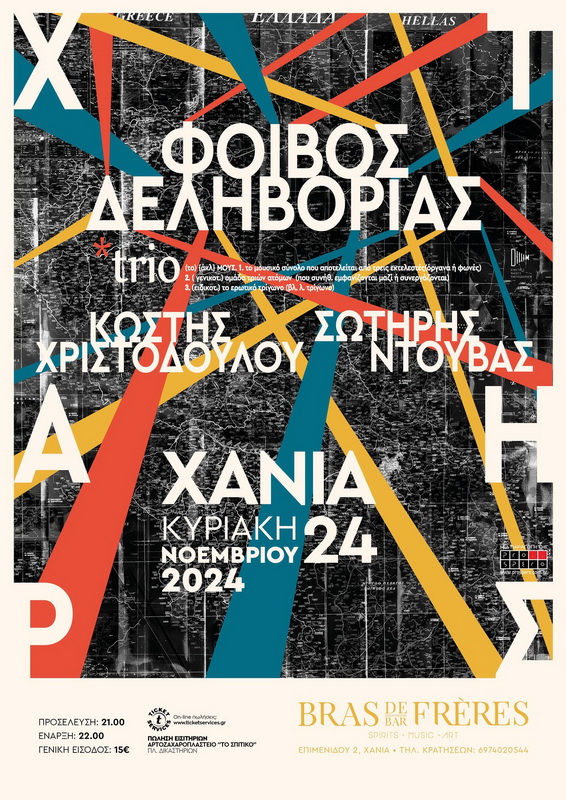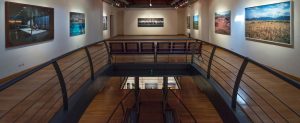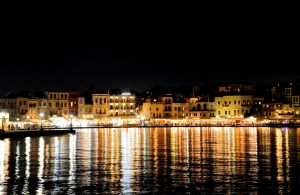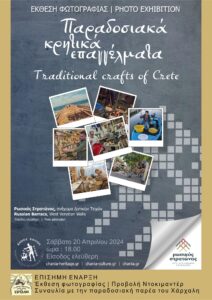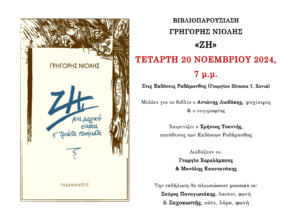magnanimus trio live στο Τζίτζικα, στους Αρμένους

Οι magnanimus trio μετά την παρουσία τους, στο Χουδέτσι φεστιβαλ, έρχονται στο ΤΖΙΤΖΙΚΑ στους Αρμένους Αποκορώνου (τηλ.2825041144). Τη Δευτέρα 6 Αυγούστου στις 21.15
Μια μοναδική βραδιά jazz δίπλα στα δροσερά νερά.
Ο Χρήστος Μπάρμπας (piano, kaval), Δημήτρης Τασούδης (drums) και ο Πάυλος Σπυρόπουλος (contrabass) αποτελούν το magnanimus trio ένα σχήμα που δημιουργεί μουσικές ιστορίες και εικόνες.
Ιδιαίτερη θέση στην μουσική τους γλώσσα έχει ο αυτοσχεδιασμός ως πολύτιμο μέσο σύνθεσης, ενορχήστρωσης και έκφρασης της στιγμής.
Η ελευθερία των κινήσεων του κάθε μουσικού, αλλά και η προσήλωση στον συνολικό ήχο της ομάδας είναι στοιχεία που χαρακτηρίζουν τον ήχο τους.
Με αυτή την έννοια σε ένα κομμάτι τους μπορούν να συνυπάρχουν στοιχεία από κλασική, jazz, σύγχρονη ή παραδοσιακή μουσική ανάλογα με τις απαιτήσεις της κάθε στιγμής και ανάλογα με την ελευθερία που παίρνουν από τον ήχο που κυλάει…
Στις συναυλίες θα παρουσιαστούν καινούργιες συνθέσεις των magnanimus trio, από το καινούργιο του cd, «Still Time».
Στο ΤΖΙΤΖΙΚΑ
Δευτέρα 6 Αυγούστου στις 21.15 στους Αρμένους Αποκορώνου, τηλ 2825041144
Χρήστος Μπάρμπας: piano, kaval
Δημήτρης Τασούδης: drums
Παύλος Σπυρόπουλος: contrabass
Magnanimus Trio is formed by three friends, Christos Barbas (Piano, Kaval, Voice), Dimitris Tasoudis (Drums, Piano, Voice) and Pavlos Spyropoulos (Contrabass, Voice) on September 2010. They met back in the 90s when they where co-students in the Music Studies Department in the Aristotle University of their city, Thessaloniki/Greece. Each of them has followed his own road, mixing musicalities and jobs both diverse and interesting. Christos has taught Ney and Ottoman music in universities around Greece, and teaches also abroad, and apart from traditional woodwind player he is equally involved in composition for contemporary dance projects, theatrical plays and contemporary modal music groups. Dimitris is teaching in the Department of Film Studies in Aristotle University, and is busy as a drummer and a classical percussionist both in post-rock and alternative bands, as in contemporary, jazz and classical music concerts. Pavlos also is teaching contrabass and music theory in various music schools in Greece, and he is envolved in many bands, ranging from flamenco, to traditional musics from Greece, ska-punk etc. After a period of completing their studies (Christos studied Ethomusicology in London, and Dimitris Composition & Percussion in York) they met again in Thessaloniki.
Creating Magnanimus Trio arose from the need to combine all these influences into a project, without having the need to name their music, but just to be committed in the sound the trio produced, free -as possible- from external “stylish” and music-market restrictions. Having said that it is important to add that a very important part in the process of their music-making is improvisation, as a medium to connect all their musical ideas and influences in the point of the present time,
Modality (modal musics use the tool of the mode, the scale, as opposed to classical music which uses harmony) is a strong asset in their music, as is the tendency to investigate the minute details sound, and the emergence of melodies through the act of careful listening. In their performances elements from modal jazz can be interweaved with contemporary, classical ideas, always giving space for improvisationand letting the instruments themselves to speak…

